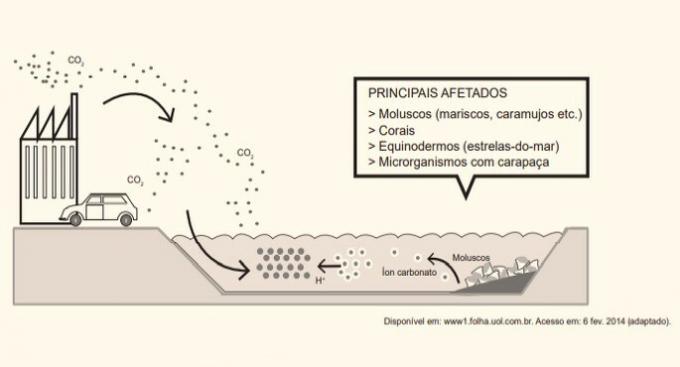Correct answer: Sally thinks she will travel next month.
Translation: Sally thinks she will travel next month.
In the sentence, the verb to think, which in this context means “to find” and indicates uncertainty. Therefore, it is not possible to say with certainty whether Sally is going to travel or not.
For phrases with future actions that indicate uncertainty, use the future with will.
The structure of the future with will, for affirmative sentences, is:
will + main verb in infinitive without the I'm
Correct answer: John is going to turn 18 next month.
Translation: John will be 18 next month.
In the sentence, we have an action that is sure to happen; next month, John will have his birthday and turn 18.
For future actions that indicate situations that will certainly happen, we use the future with going to.
The structure of the future with going to, for affirmative sentences, is:
Verb to be (is/am/are) + going to + main verb in infinitive without the I'm.
Correct answer: they will probably arrive around 5 in the afternoon.
Translation: They will probably arrive around 5pm.
In the sentence, we have an action that indicates doubt. The passage “they will probably arrive around 5”, demonstrates that there is some uncertainty about the arrival time.
For future actions that indicate uncertain situations, we use the future with will.
The structure of the future with will, for affirmative sentences, is:
will + main verb in infinitive without the I'm
Correct answer: Considering the cloudy sky, I believe willrain.
Translation: Given the cloudy sky, I believe it's going to rain.
In the sentence, we have an action that indicates doubt. The passage “I believe” demonstrates that there is a certain hesitation in relation to rain. The person believes it is going to rain, but is not sure.
For future actions that indicate uncertain situations, we use the future with will.
The structure of the future with will, for affirmative sentences, is:
will + main verb in infinitive without the I'm.
Correct alternative: c) I, II and III
Understand why the first three sentences are correct:
Sentence I: Claire is working at the library on Friday morning. (Claire will be working at the library on Friday morning.)
The verb of the sentence (is working) is flexed in the Present Continuous (Present continuous). However, this tense can also be used to indicate future actions.
To know when it indicates future or present, it is necessary to analyze the entire context of the sentence. In sentence I, it would make no sense to say that “Claire is working at the library on Friday morning.”, so we can deduce that the sentence refers to a future tense.
Sentence II: When I withdraw, I am going to go back to Liverpool to live. (When I retire I will return to live in Liverpool.)
Sentence II presents the use of going to to indicate future tense. O going to is used to indicate actions that you are sure of. When analyzing the sentence, we understand that the interlocutor is certain that, when he retires (future time), he will return to live in Liverpool.
Sentence III: The telephone is ringing, but I won’t answer it. (The phone is ringing, but I won't answer it.)
In sentence III, the future was used with will. However, as the phrase is in the negative, the contracted form of will not: won't.
the future with will is used to indicate future actions, when there is no certainty that these actions will happen or not.
Now that you've seen the explanations for the correct alternative, understand why sentence IV is not a correct use of the future:
Sentence IV: James and Sarah are working two jobs to afford a private school for their children. (James and Sarah are working two jobs to pay for a private school for their children.)
The sentence above has a conjugated verb in the Present Continuous (are working). However, unlike what happens in sentence I, the Present Continuous of the sentence does not indicate future tense, but present tense. That is, the action refers to something that is happening at the time of speech.


